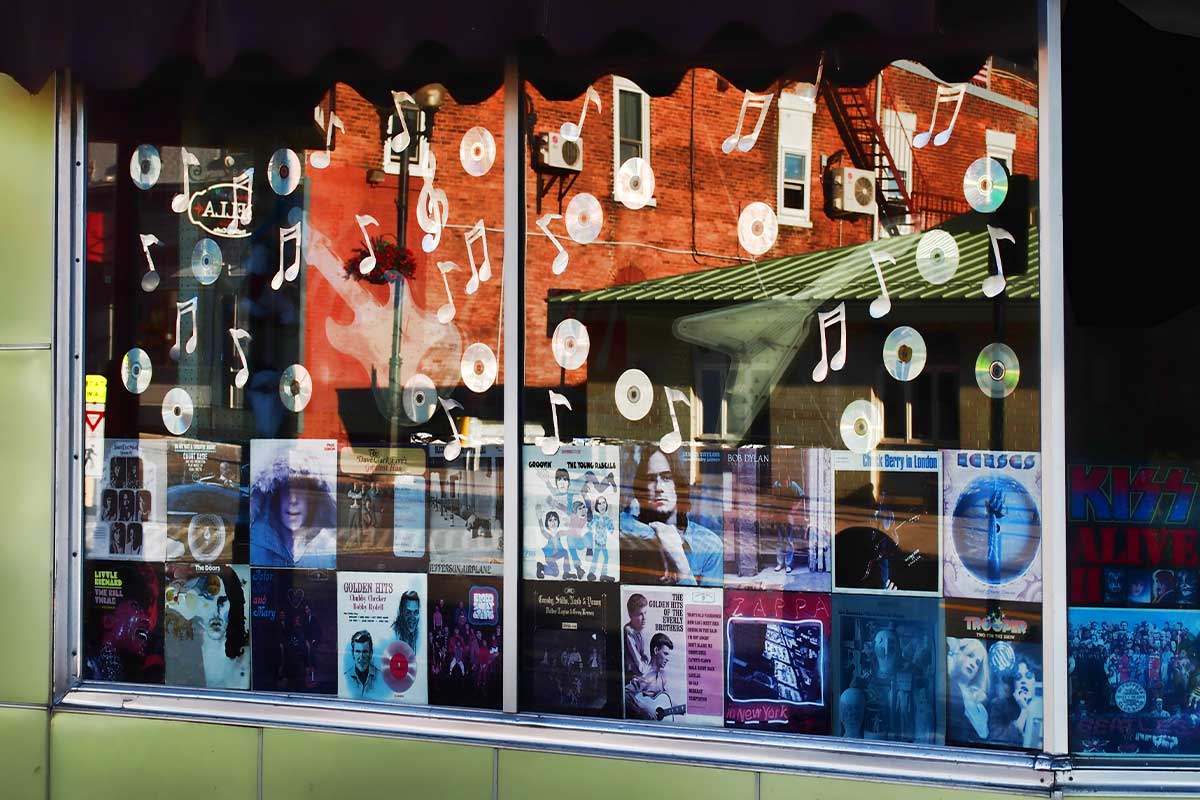The music industry is in a constant state of flux and the latest news to rock the scene is the claim that vinyl sales have overtaken CD sales for the first time. This headline has been making the rounds on various news outlets in the UK, including The Guardian, Sky News, and The Telegraph, as well as on music blogs, podcasts, and Facebook groups. As a music enthusiast and data analyst, I've been monitoring physical sales, including CD and vinyl sales, for my weekly chart watch series. Given the attention this news has been getting, I feel compelled to offer my perspective on the matter.
Firstly, I must say that I find it disappointing that many media outlets are framing this as the downfall of the once-mighty CD. The CD has been receiving bad press for years, despite being a valuable component of physical music sales. The truth is that the CD is still worth nearly £100 million in the UK alone. No one is going to turn their back on that. While vinyl sales have been on the rise, CD sales are still significant.
Let's take a closer look at the numbers. I've collected data from the past 12 weeks (Jan 2023) based on the UK album charts, focusing on what got to number one, and how it did it. Taylor Swift's "Midnights" album sold a massive 204,501 copies in its first week, with physical sales of 139,000 physical albums sold. CD sales were 75,667, and vinyl was 61,948. While it was the fastest-selling vinyl album, it wasn't as many as the CD copies sold in the same week. Arctic Monkeys' "Tranquility Base Hotel & Casino" sold 119,000 copies in the first week, with CD sales at 57,934, and vinyl sales at 37,866. As you can see, CD sales were way above the vinyl album for that artist in that week.
Other artists that have gotten to number one recently include Paul Heaton and Jackie Abbott, Youngblood, Muse, Cliff Richard, and Dermot Kennedy. In each of these cases, CD sales outsold vinyl sales. If you subtract all of those CD sales from all of the artists who got to number one, they would not have made the number one position. So, while vinyl sales have been increasing, they have not yet overtaken CD sales.
So what's going on here? It's to do with revenue, not so much with the actual unit numbers. CDs typically cost between £9.99 and £10.99, whereas vinyl can be between £30 and £35. This means that the actual revenue from vinyl sales is higher, despite there being fewer units sold. That being said, it's important to note that vinyl sales are increasing at a faster rate than CD sales.
This phenomenon is not new. In fact, it's similar to what happened in the early 2000s when the rise of digital music threatened physical music sales. At the time, many media outlets declared the death of physical music, but that was not the case. Physical music sales still exist and are still significant, even though digital music has taken over the majority of the market share.
The media's portrayal of this situation is somewhat misleading, and this is where I have an issue. The narrative that vinyl has overtaken CD sales implies that the CD is no longer relevant, and that's simply not true. Both formats have their own unique appeal and are valued by different segments of music consumers. It's not a case of vinyl versus CD. Both can coexist, and both can thrive.
Opinion taken from a video posted by Phil Aston of Now Spinning Magazine
https://www.youtube.com/watch?v=
